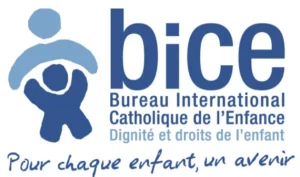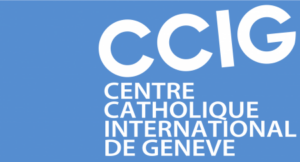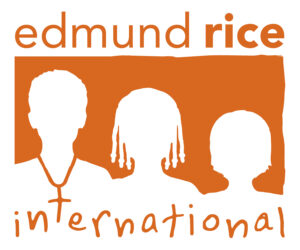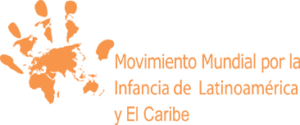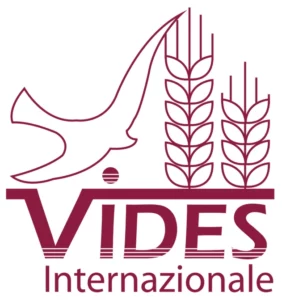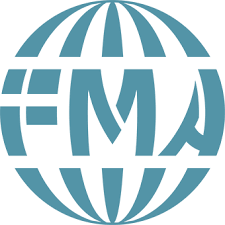every right
for every child
The Institute of the Marist Brothers and the Marist International Solidarity Foundation ETS (FMSI) are deeply committed to advocating for the rights of children and young people especially those in the most vulnerable conditions. In 2007, FMSI and the Marist Brothers made the decision to engage in the defense of human rights by actively participating in mechanisms provided by the United Nations.
Working in collaboration with the Secretariat of Solidarity, they strive to raise awareness about the importance of defending human rights, particularly for those who are most at risk. This commitment aligns with the Marist Charism, which focuses on the education of children and young people across 80 countries worldwide.
To achieve their goals, both the Secretariat of Solidarity and FMSI engage in various United Nations advocacy mechanisms. Among these, the Universal Periodic Review (UPR) is a key tool, allowing them to present reports and recommendations to the United Nations on the human rights situation of the State under review. The active engagement of civil society organizations in the UPR process, coupled with collaborative networking and partnerships with other stakeholders, is paramount for enhancing the process’s effectiveness and inclusivity. These interactions facilitate a broader exchange of insights, resources, and advocacy efforts, ultimately promoting a more thorough examination of human rights situations and a more robust framework for governments to address them.
FMSI has special consultative status with the UN Economic and Social Council (ECOSOC) since 2011. This status enables active participation in UN conferences, meetings, and working groups dedicated to child rights. Leveraging the collective expertise of the international Marist network, FMSI plays a crucial role in shaping global standards and international agreements concerning the human rights of children and young people.
Both FMSI and the Secretariat of Solidarity of the Marist Brothers welcome opportunities to collaborate with local communities to help them prepare and submit UPR reports that advocate for the protection of the rights of children in their respective countries.
What is the UPR?
The Universal Periodic Review (UPR) is a unique process within the United Nations Human Rights Council that is designed to assess the human rights records of all United Nations Member States. It is a mechanism for reviewing and improving the human rights situation in each country.
As its name suggests, UPR means:
- UNIVERSAL: All 193 UN Member States are expected to participate in the UPR process. It is a peer-review mechanism, which means that countries are reviewed by their fellow Member States.
- PERIODIC: The UPR process operates on a fixed cycle, with each country being reviewed once every four years and half. The review is based on a predetermined schedule, and each country’s review is conducted during a specific session of the Human Rights Council.
- REVIEW of the human rights practices in the country under review.
Before their review, the country is expected to prepare a national report that outlines the human rights situation within its borders and the efforts to improve it. Each report is based on information from the government, civil society organizations, and other stakeholders.
Other countries, as well as civil society organizations, can submit information and reports on the human rights situation in the country under review. The participation of civil society in the UPR process plays a pivotal role in strengthening the accountability of governments and advancing the protection of human rights. Civil society organizations, with their diverse expertise and grassroots connections, act as supervisors, advocates, and conduits for the voices of populations in marginalized and vulnerable conditions. They provide valuable information, analysis, and recommendations to the UPR, helping to shed light on human rights violations and challenges, while also promoting transparency, engagement, and collaboration between states, civil society, and other stakeholders. Through their active involvement, civil society enhances the credibility and effectiveness of the UPR mechanism, ultimately contributing to the advancement of human rights and the well-being of individuals and communities around the world. These submissions provide additional perspectives and insights.
During the review session at the UN Human Rights Council, the country under review presents its national report, and other Member States can ask questions, seek clarification, and make recommendations. This is an interactive dialogue where constructive feedback and recommendations are provided.
Following the review, the Working Group Report is prepared, summarizing the discussion and including recommendations made by other countries. The country under review is expected to formally accept or note these recommendations.
The reviewed country is encouraged to implement the accepted recommendations and report on progress during subsequent UPR cycles.
The Universal Periodic Review is a significant mechanism for promoting and protecting human rights globally. It encourages countries to engage in self-assessment, peer learning, and accountability in the field of human rights. It also provides a platform for dialogue and cooperation among countries to improve their human rights records.
UPR Reports Submitted with the secretariat of solidarity
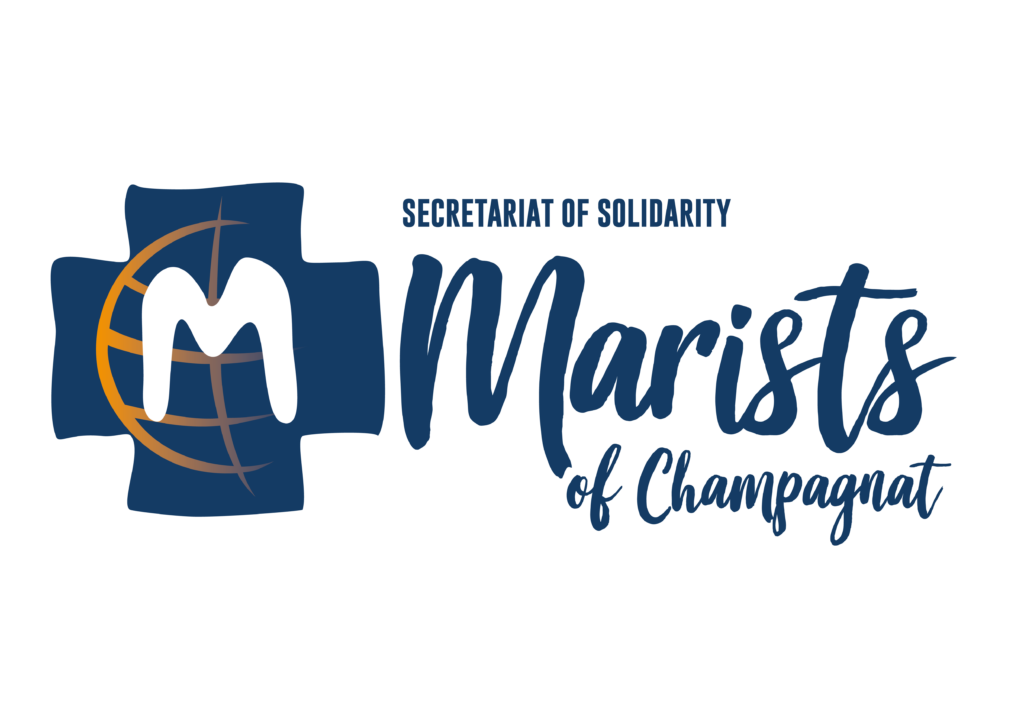
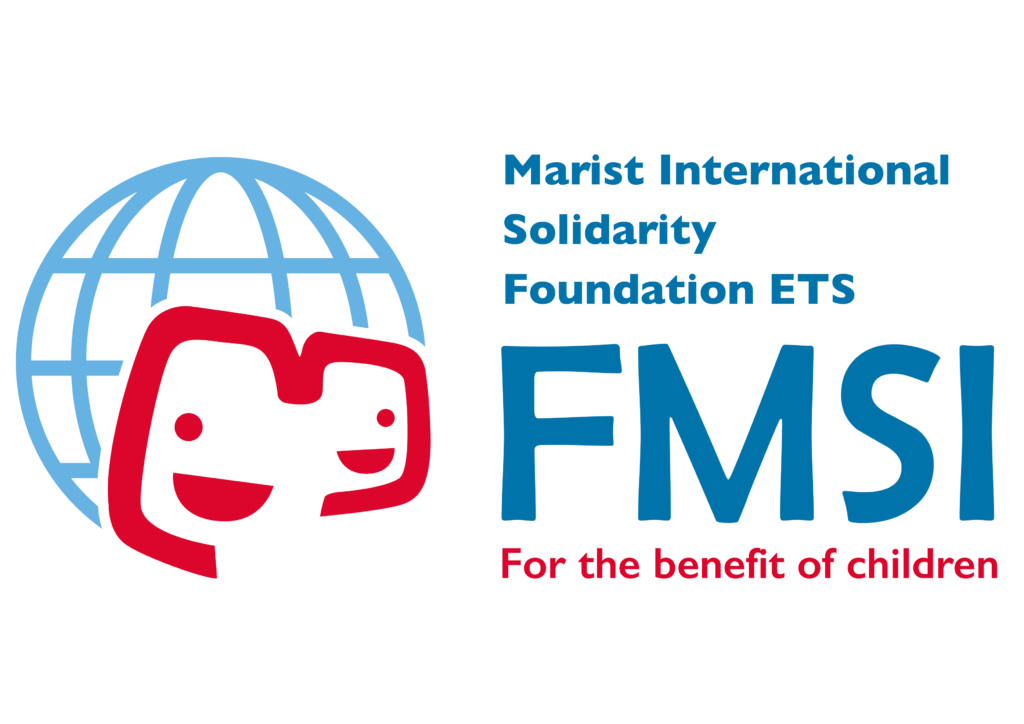
RECOMMENDATIONS PRESENTED
UPR REPORTS SUBMITTED
Involved children
COUNTRIES INVOLVED
Recommendations addressing issues raised by FMSI were accepted by the States examined
Recommendations addressing issues raised by FMSI were considered by the States examined
Click here to download our booklet “Every Right for Every Child – 2024-2025 report on Children’s Rights” and read the key points of the UPR reports submitted.
our partners
